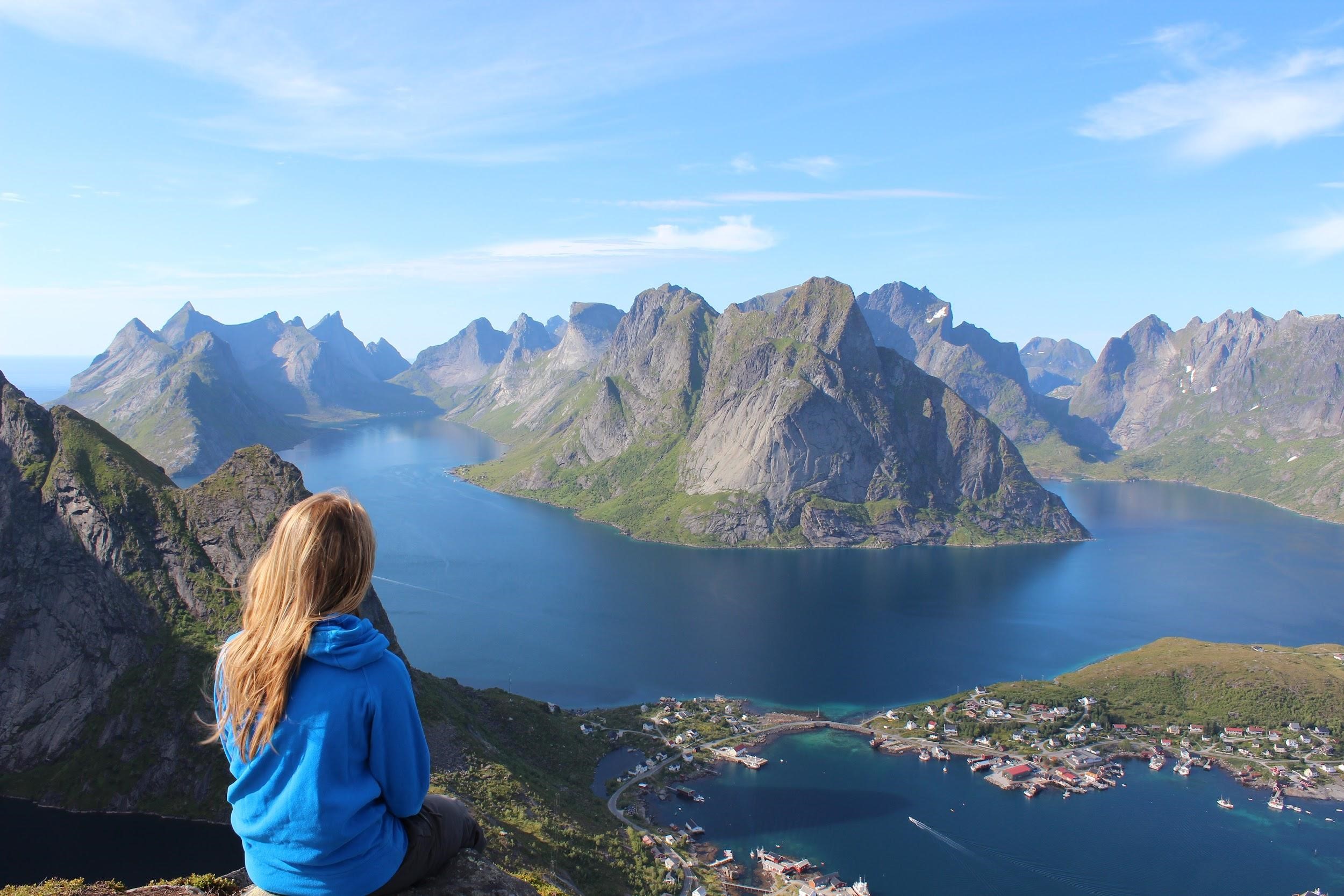No matter what stage you’re at in life, you’ll have some kind of wanderlust bubbling away in your subconscious – a yearning to explore the world. However, the eco-conscious amongst us know that conventional means of world travelling are catastrophically bad for the environment – air travel especially.
Today, we’re breaking down some simple and effective ways that travellers can explore the globe ethically, focusing on what to pack as well as planning a route with minimal environmental impact – because, in truth, we’re all global citizens who should respect foreign climes as if they were our own neighbourhood.
Packing hacks
Five hundred years seems an awfully long time to wait, doesn’t it? Yet this is the time it takes for a typical plastic bag to decompose. Make sure you avoid bringing anything wrapped in plastic around the world, as this is not only an unsustainable type of packaging, but it also contributes to the extensive litter problems that plague less developed nations such as India and Sub-Saharan Africa.
Opt for reusable shopping bags for trips to Moroccan souks and European Christmas markets alike, as even a small change in behaviour from yourself makes a difference in terms of reducing the world’s dependence on single-use plastics.
In terms of your packing as a whole, keep it as light as possible, especially if you’re flying. A lighter plane uses a lot less fuel, reducing the plane’s impact on the greenhouse effect as a whole.
Toiletry tricks
If you’ve no choice but to get on a flight, chances are you’ll encounter the hand luggage toiletries restrictions when going through security.
A common solution to this is to buy the individually-packed toiletries available in the airport for this exact purpose. However, this uses a lot of needless plastic, and the brands available at the overpriced concessions are often stuffed with synthetic ingredients.
A solution to this is to decant your favourite products into small containers while at home – this can work for just about anything, from natural skincare products to hair gel and shampoo. Doing so doesn’t take very long and can save you from paying premium prices for small plastic packaged products at the airport.

Avoid flying where you can
If all this sounds like a bit of a chore, you could avoid flying altogether. Taking the Channel Tunnel or a ferry gives a greater sense of adventure – and when you’re travelling overland through Europe, you’ll appreciate the subtle changes in landscape far more than you would when you’re transplanted into an exotic destination by a budget-airline flight.
For every five hours of flying you avoid, your carbon footprint will be reduced by a tonne, so it’s always worth swapping the plane for the train. However, you don’t have to take things to the extreme, like Danish blogger Torbjørn Pedersen – who is attempting to visit every country in the world without using flights. His ‘saga’ started in 2013 and is scheduled to finish in 2020 – but this might cost a little too much in annual leave!
Live as the locals do
When you’re travelling in foreign climes, do what you can to ensure your behaviour and spending habits aren’t putting undue stress on the environment. Make sure to drink the local beer, eat local cuisine and avoid expensive imported foods. You might appreciate a taste of home but the air miles on imported western food in the Far East make it a less than eco-friendly choice.
For a more harmonious travelling experience, it’s also important to respect the country you’re in and be aware of your impact as a traveller. When hiking in national parks, make sure to stay very much on the beaten path so as not to disturb endangered wildlife, and be aware of any local religious or cultural customs that may apply in the region you’re visiting.
Combining eco-conscious travel tips with a worldly sense of cultural awareness and respect is the only way to go if tourism is to become more sustainable. Wherever you’re going this summer, keep these tips in mind and your impact on the world’s fragile ecosystems will be reduced.
